Major congratulations are in order for our BU academics who have done us #BUproud yet again as we are awarded funding for five different events as part of the ESRC Festival of Social Science this year.
About the Festival:
The Festival of Social Science is a national Festival facilitated by the Economic and Social Research Council (ESRC) and runs from 2-9th November 2013. It supports researchers to engage with a new audience, including individuals from business, charities, policy makers, teenagers, pensioners, parents and the general public. Sponsorship to include an event as part of the Festival is competitive, and this year, Bournemouth University has five events included – which is BU’s strongest ever presence as part of the Festival.
This year the Festival has over 170 creative and exciting events aimed at encouraging businesses, charities, government agencies, and schools and college students to discuss, discover and debate topical social science issues. The Festival celebrates some of the country’s leading social science research, giving an exciting opportunity to showcase the valuable work of the UK’s social scientists and demonstrate how their work has an impact on all our lives.
What BU has got planned?
Promoting dignity through understanding narratives of care
2nd November (10am-4pm) Executive Business Centre, Bournemouth– Convened by Andrew Harding and Lee Ann Fenge
The event will use arts and social science methodologies to explore participants’ experiences of and reflections on dignity and compassion in health and social care. Participants may include users of services and their carers, practitioners and educators. Narrative methods provide a powerful means of engagement and construction for making meaning from experiences.
The participants will be encouraged to review experiences and reflections about the presence or absence of dignity and compassion in health and social care, and to consider if views about dignity and compassion change over time and place. Creative spaces, stimulated by ‘cafe conversations’ and supported activities, will enable participants to create collaborative and individual narratives and stories in a range of formats (e.g. poems, art and performance).
To register for your FREE place, please visit: http://esrc2013.eventbrite.co.uk/
Seen but Seldom Heard. Young people working to change perceptions of disability through poetry and performance.
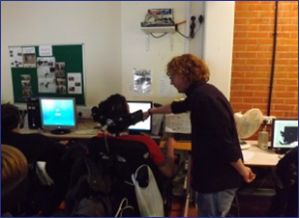 Sunday 3rd November (7pm-9pm) Lighthouse, Poole – Convened by Carrie Hodges and Wendy Cutts
Sunday 3rd November (7pm-9pm) Lighthouse, Poole – Convened by Carrie Hodges and Wendy Cutts
‘Seen but Seldom Heard’ is a collaboration between Bournemouth University and Victoria Education Centre and Sports College in Poole. The project uses performance poetry as a way to provide a group of young physically disabled people (14-19 years) with a voice to challenge dominant stereotypes of disability that often serve to marginalise and exclude disabled people in society, by sharing their own personal stories.
The performance is a culmination of work that has been produced from a series of poetry workshops that have taken place over the last 18 months, facilitated by professional performance poets, Jonny Fluffypunk and Liv Torc. The group began by using both the achievements and media portrayals of Paralympic athletes as a focus for individually-written and collectively-authored poetry confronting negative perceptions of disability. As the work progressed, poetry was used as a way for the young people to engage in conversation about issues, policies and practices which affect them and others like them.
The ‘multi-media’ performance will challenge members of the public to think critically about their own perceptions of disability, engaging the audience via ‘warm-up’ poems from the professional poets, a series of short live and pre-recorded individual and group poetry performances from the young people, and a film screening of the ‘Seen but Seldom Heard’ documentary.
More information on the project and examples of the poetry can be found at: http://microsites.bournemouth.ac.uk/seen-but-seldom-heard/
To register for the FREE event, please visit: https://seenbutseldomheard.eventbrite.co.uk/
Finance for SME’S: The role of assessing credit risk
Wednesday 6th November (12:30-5:30pm) Executive Business Centre, Bournemouth – Convened by Jens Holscher
This unique one-day event, brings together practitioners and academics in order to discuss the most pertinent issues of SMEs’ finance and credit risk with a view to setting a research agenda relevant to lenders and regulators.
Following the recent and continuing credit squeeze, lending to Small and Medium Sized Enterprises (SMEs) remains at the top of the agenda for governments around the world. With various political and economic incentives introduced to support SMEs, it is important not to overlook the practicalities of credit risk assessment, as access to credit is contingent on meeting the risk standards of credit providers, especially in the environment of prudent lending.
Participants will engage in debate and keynote speakers from academia, government agencies and industry will be invited. Social sciences and social science research will be promoted by drawing on leading researchers and through interaction of speakers and attendees, which will include breakout sessions related to sub-schemes such as micro finance, the role of regional funds and development agencies.
For further information please visit here. To register for this event please visit: financeforsmes.eventbrite.co.uk
Social Media: Make or break your online reputation
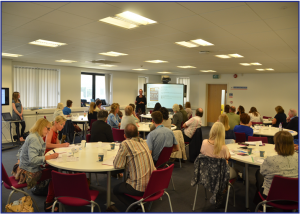 Friday 8th November (11am-5pm) Talbot Campus – Convened by Dimitrios Buhalis
Friday 8th November (11am-5pm) Talbot Campus – Convened by Dimitrios Buhalis
This interactive seminar will engage tourism, hospitality, marketing and technology professionals in a dialogue and will encourage them to consider how they can manage their reputation online. The discussion will focus on monitoring online conversations about brands and executing online strategies to manage the online reputation of organizations. It will include short presentations from research results undertaken at Bournemouth University and digital marketing agencies. An open discussion will be encouraged between researchers and professionals. This event has been chosen as there is a growing research agenda on the impact of social media on organisational reputation for tourism destinations and organisations. Thus researchers recognise the need to engage researchers, marketing and tourism industry professionals in discussion.
Please register for this FREE event, here: http://esrc-tourism-socialmedia.eventbrite.co.uk/
Dementia in Dorset – what does this mean for you?
Saturday 9th November (1pm-5pm) Littledown Centre Bournemouth, Studio 2 – Convened by Anthea Innes and Sarah Hambidge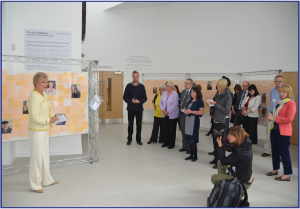
BUDI will host a one day community engagement event to showcase a range of their innovative projects which will bring dementia awareness to life through music, movement, interior design, technology, food, stories and marine archaeology. Storytelling, hands-on-activities, food tasting and art will be used to engage visitors to the exhibit with the impacts of dementia identified by social science research.
Dementia affects us all in some way and is currently a very relevant societal issue. The government are focusing on improving the areas that matter most to dementia: awareness, quality care and research. These themes will be brought to life by; exploring dementia through an interactive marine archaeology session, learning the benefits that healthy eating can have for everyone in the fight against dementia through taste, understanding what it’s like to live with dementia through postcard stories, getting the chance to use technology which has the aim of improving the quality of life of those living with dementia and planting seeds to learn about dementia friendly environments, amongst other fun activities.
To find out more about BUDI and the projects they are working on, please visit: http://blogs.bournemouth.ac.uk/dementia-institute/
Please note that there is no need to register for this event, so just come along!
Why not come to some of these events? I can assure you, it’s worth it!
 AHRC-funded Early Career Researchers (ECRs) now have the opportunity to apply to join a training programme on Engaging with Government. The three day course will take place in February 2014 and is intended to offer insights into the process of policy making, help ECRs make links with policymakers, and aid in the development of skills needed to engage with policy. Specifically, the course will:
AHRC-funded Early Career Researchers (ECRs) now have the opportunity to apply to join a training programme on Engaging with Government. The three day course will take place in February 2014 and is intended to offer insights into the process of policy making, help ECRs make links with policymakers, and aid in the development of skills needed to engage with policy. Specifically, the course will: 
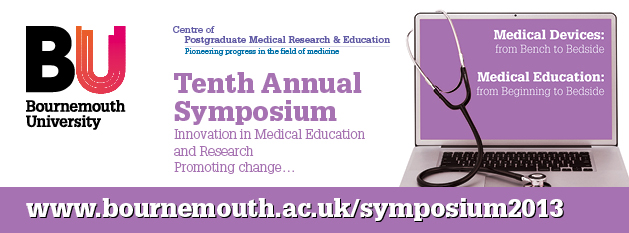

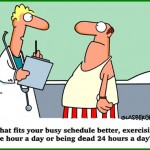

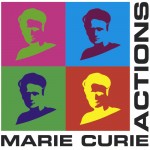

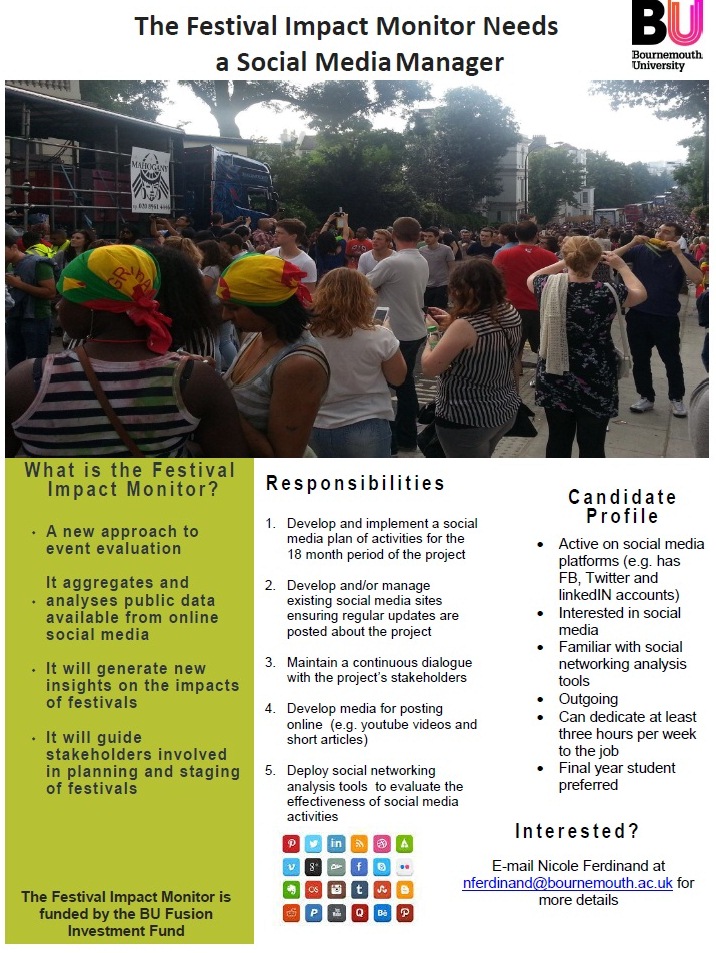
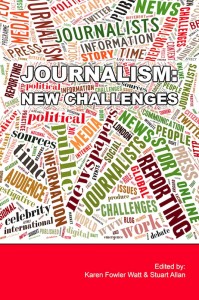 The Centre for Journalism and Communication Research (CJCR) is pleased to announce the publication of
The Centre for Journalism and Communication Research (CJCR) is pleased to announce the publication of 







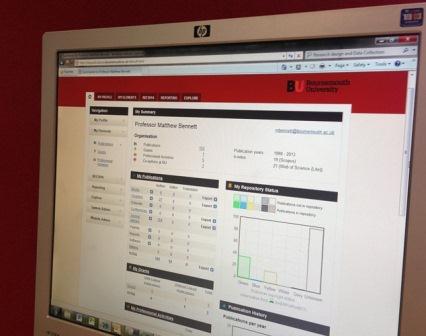


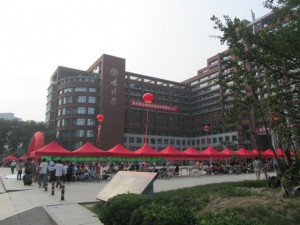
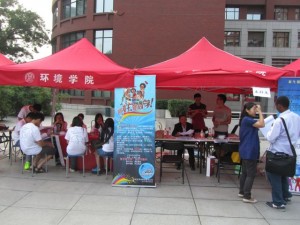


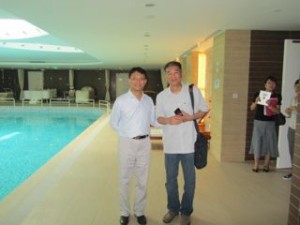
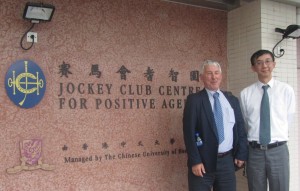
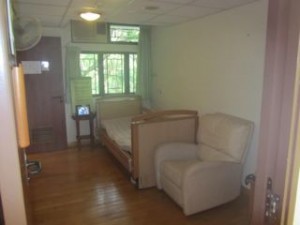

 Just published! A chapter entitled, ‘Turning Research into Film’, by Kip Jones and Trevor Hearing has just been published in Sage’s
Just published! A chapter entitled, ‘Turning Research into Film’, by Kip Jones and Trevor Hearing has just been published in Sage’s 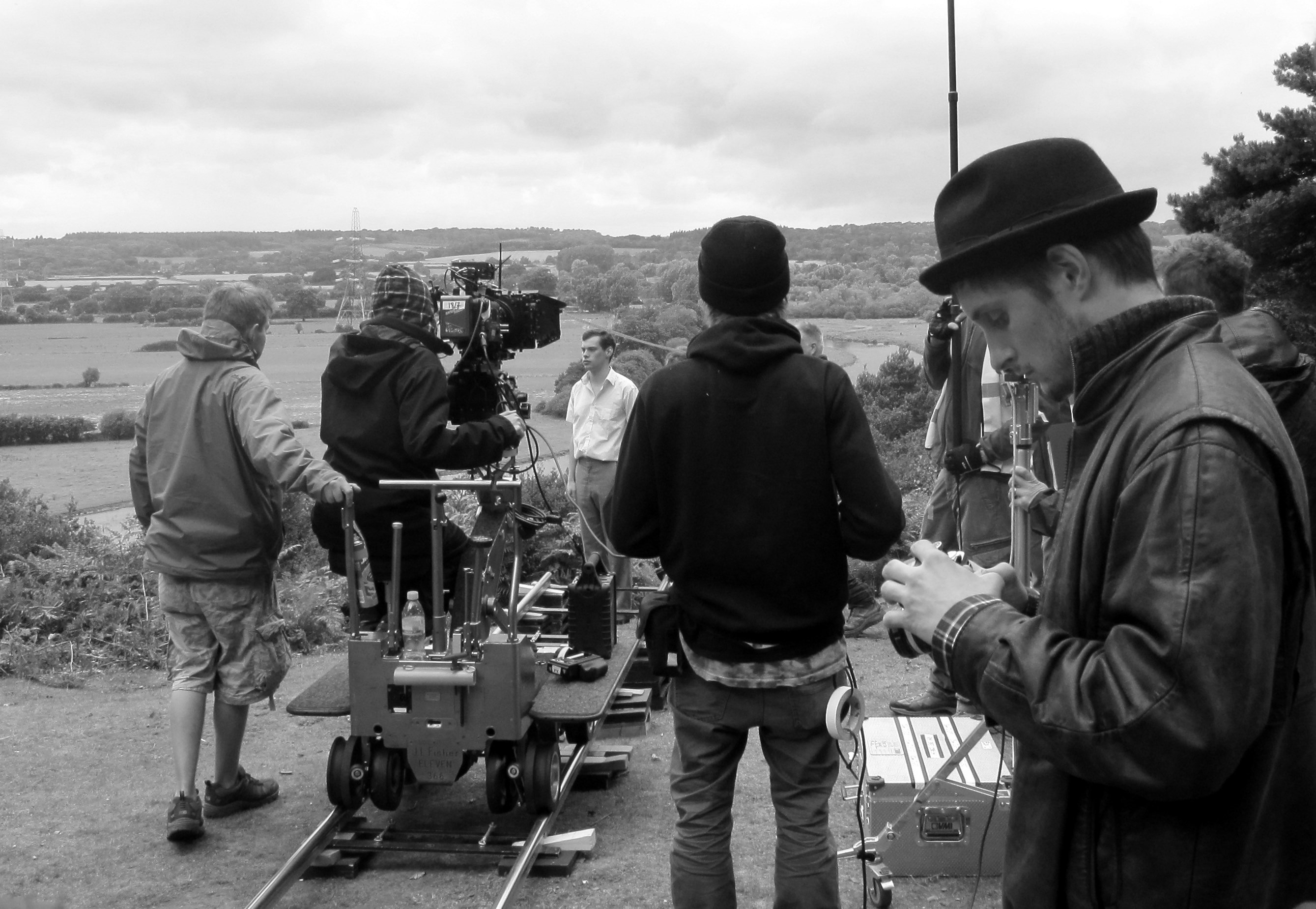














 Beyond Academia: Exploring Career Options for Early Career Researchers – Online Workshop
Beyond Academia: Exploring Career Options for Early Career Researchers – Online Workshop UKCGE Recognised Research Supervision Programme: Deadline Approaching
UKCGE Recognised Research Supervision Programme: Deadline Approaching SPROUT: From Sustainable Research to Sustainable Research Lives
SPROUT: From Sustainable Research to Sustainable Research Lives BRIAN upgrade and new look
BRIAN upgrade and new look Seeing the fruits of your labour in Bangladesh
Seeing the fruits of your labour in Bangladesh ECR Funding Open Call: Research Culture & Community Grant – Apply now
ECR Funding Open Call: Research Culture & Community Grant – Apply now ECR Funding Open Call: Research Culture & Community Grant – Application Deadline Friday 12 December
ECR Funding Open Call: Research Culture & Community Grant – Application Deadline Friday 12 December MSCA Postdoctoral Fellowships 2025 Call
MSCA Postdoctoral Fellowships 2025 Call ERC Advanced Grant 2025 Webinar
ERC Advanced Grant 2025 Webinar Update on UKRO services
Update on UKRO services European research project exploring use of ‘virtual twins’ to better manage metabolic associated fatty liver disease
European research project exploring use of ‘virtual twins’ to better manage metabolic associated fatty liver disease